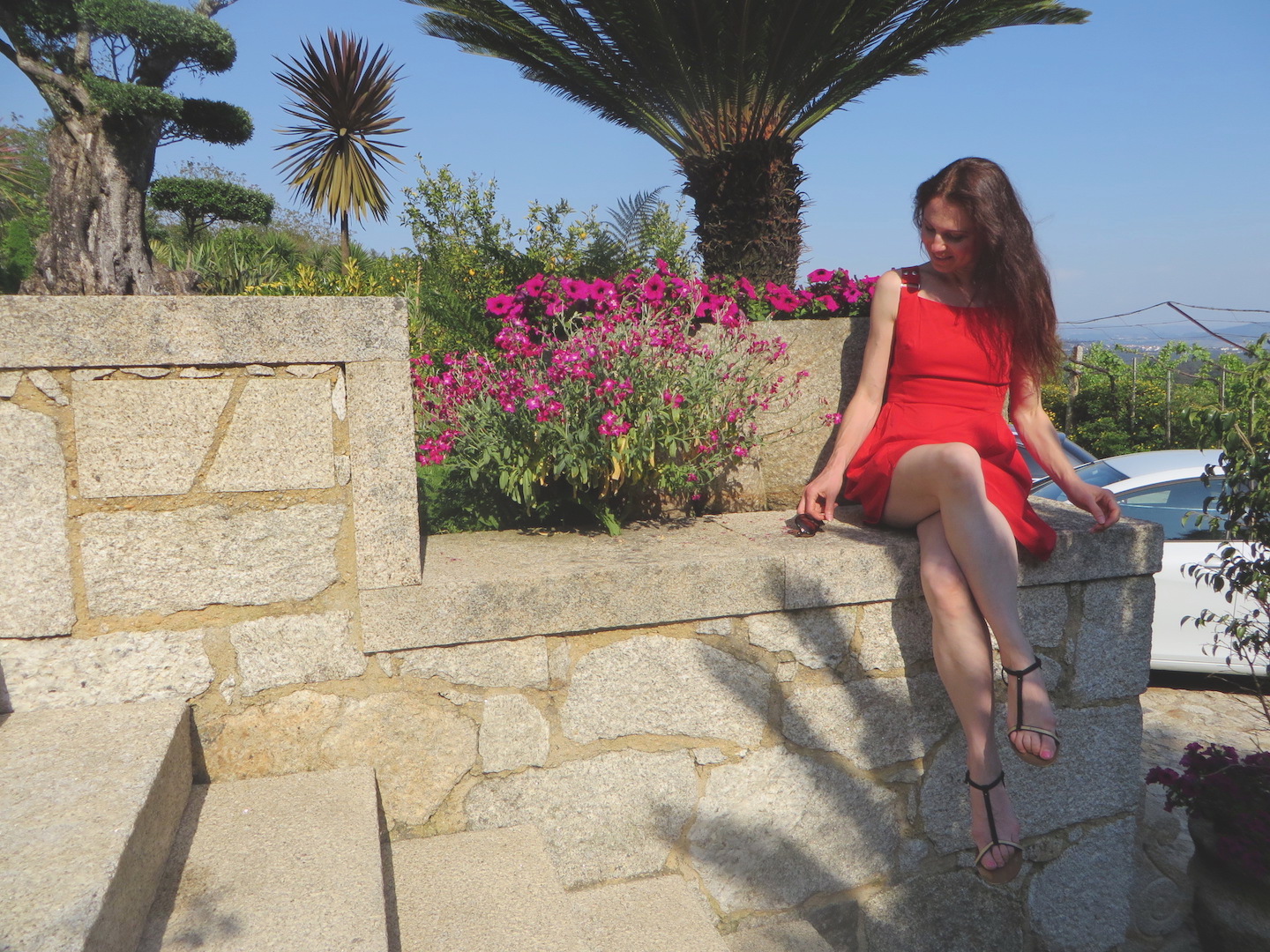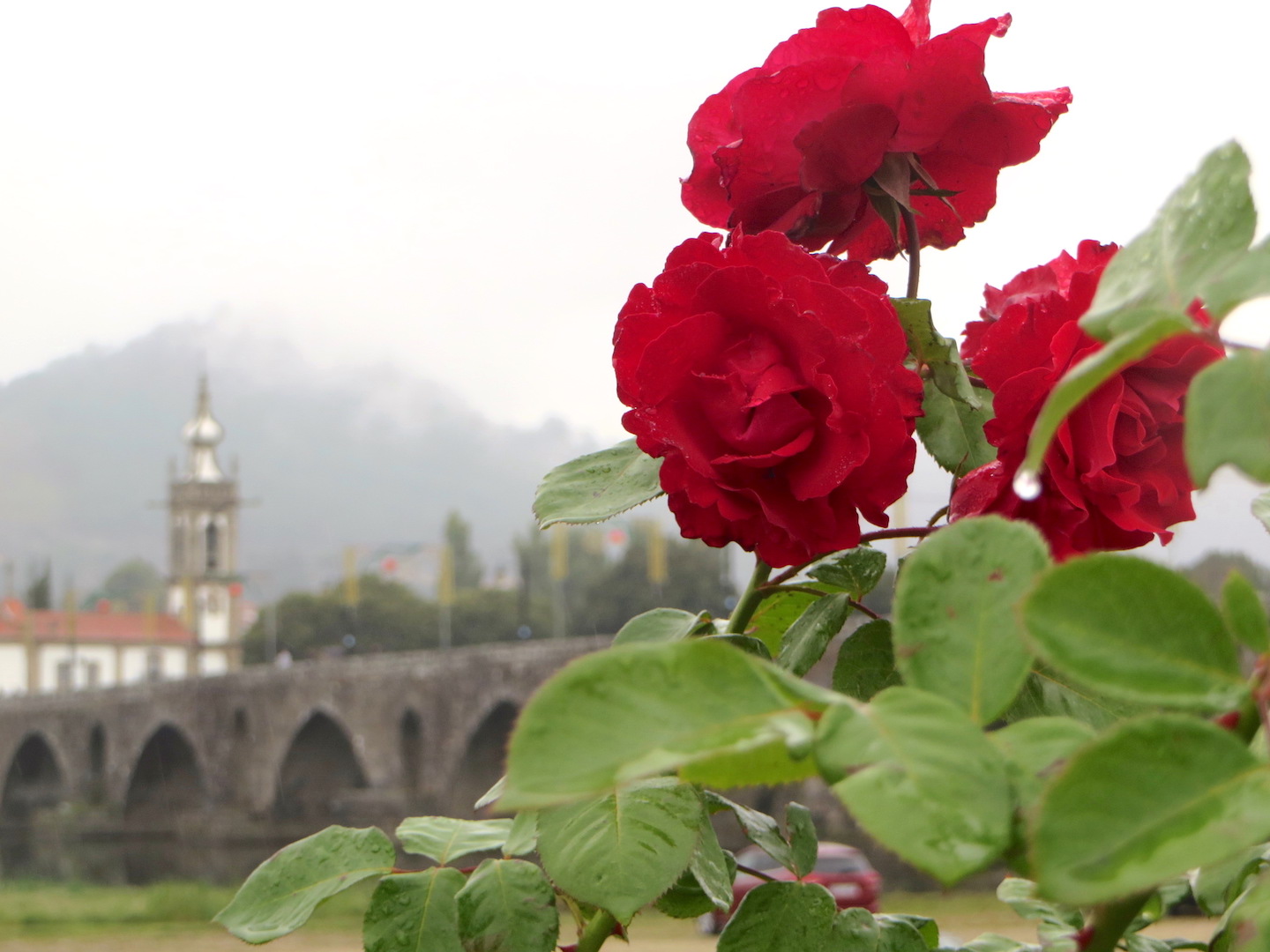Quinta in Portuguese means - farm, villa, estate.. and once you visit one you will find that it is exactly that - a rural property, often with historic manors and palaces, hidden behind large, impressive gates, high wall. From its Portuguese and Spanish origins - quinta parte, meaning - fifth part, or quintus in Latin - was referring to the amount of a farms's produce paid in rent, hence they became known as quintas. The property itself is surrounded by vineyards, olive groves, fruit trees, flowers, sometimes animals. You may find there a little fountain, a restaurant with a banquet hall, often hired for weddings and special events.
Viana do Castelo, Portugal
In the north of the country, at the Lima river estuary, between the Atlantic ocean and the verdant Minho region hills, lies the charming town of Viana do Castelo.
In 1258, King Afonso III of Portugal, issued a foral, naming the area of Viana. Fast forward few centuries, Viana, one of Portuguese significant ports, became involved in the Age of Discovery. The sailing ships were built here and set sail to explore and return with worldly treasures. Viana do Castelo expanded into a thriving trade centre through its commerce with Northern Europe and later with Brazil.
Rainy day in Ponte de Lima, Portugal
Ponte de Lima, the oldest town in Portugal, was established and developed by the Romans in 1125. It lies in the heart of the Minho region, which is now renowned for its green wine (Vinho Verde), famous for its uniqueness particular to the region, as well as green broth (Cardo Verde), a popular soup in Portuguese cuisine.
Apúlia e Fão, Portugal

Apúlia, near Esposende is a small fishing village, known for it's dunes, wide, sandy beach and mills, which resemble the little, white houses in Apulia, Italy. According to Wikipedia, the two towns may be related, through possible migration from Italy, during the Roman Empire.
We visited Apúlia, out of season on a cold, windy day. If you are in the area and would like to come here to enjoy the beach, summer would be a much better choice.
Lili's Patisserie
Lili & Companha Gourmet is a family owned place, where you can enjoy a homemade soup of the day (eg fish, pumpkin or broccoli), a nice salad with vegetables for lunch, and depending on the season, also a warm or cold drink and a dessert. Everything is freshly made on the premisses and you can have your cake at Lili's or have it packed to go.
Biocelos Organic Orchard and Grocery Shop
Food shopping in Portugal
Things that grow in the north of Portugal, to name a few are, kiwis, lemons, oranges, avocados, cherries, plums, melons and figs. The latter are so tasty, that there are simply no words to describe them. It was in Portugal, that we first ate them whole, together with their skins, just raw and fresh.. straight from the tree, sliced on our breads with butter, in salads, jams, cakes and compotes.






